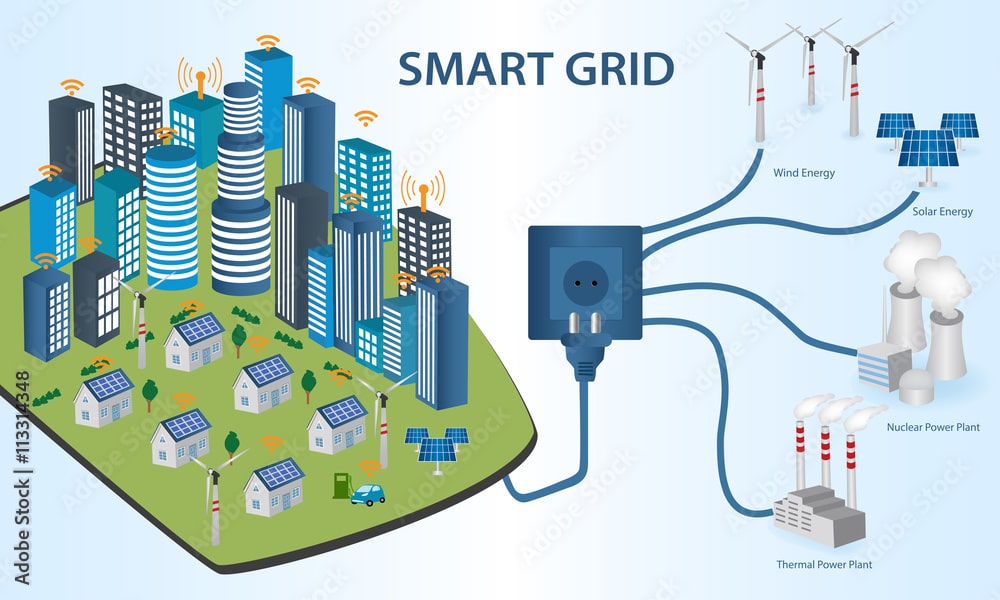Smart energy has become a focal point in modern power management, revolutionizing how grids operate. The integration of artificial intelligence (AI) in energy grids is transforming traditional systems into more efficient, adaptive networks. This evolution allows for real-time monitoring, predictive maintenance, and optimized energy distribution. Governments and utility companies worldwide are investing heavily in AI-driven technologies to address increasing energy demands and reduce carbon footprints. The smart grid’s ability to balance supply and demand while integrating renewable sources is critical to meeting future sustainability goals.
Smart Energy Grids: AI Driving Efficiency and Reliability
The deployment of AI technologies within smart grids significantly enhances operational efficiency. Machine learning algorithms analyze vast amounts of data from sensors and meters to predict energy consumption patterns and detect anomalies. This capability reduces outages and prevents costly infrastructure failures. Additionally, AI facilitates demand response strategies, allowing grids to adjust energy delivery dynamically according to user needs. Consequently, this flexibility improves overall grid stability and supports the integration of intermittent renewable energy sources such as solar and wind power.
Innovations in AI for Energy Management
Recent advancements in AI empower grids with unprecedented intelligence. Predictive analytics enable proactive maintenance, identifying potential issues before they escalate. Furthermore, AI assists in optimizing energy storage systems by managing charge and discharge cycles efficiently. This innovation ensures that excess energy generated during peak production times is stored and utilized effectively. As a result, smart grids can provide consistent power even during periods of low renewable energy generation. These developments mark a shift towards more resilient and environmentally friendly energy infrastructures.
The continuous evolution of AI technologies promises to further revolutionize how energy is produced, distributed, and consumed. With smart energy grids playing a pivotal role in this transition, stakeholders must continue fostering innovation and investment to achieve a sustainable energy future.
